Dear Senators,
Tomorrow you’re scheduled to hear SB146, which creates a “Private Property Protection Act” that might better be termed the “Eternal Zoning Appeals Act”. In its preamble, it recites the MT constitution’s guarantee of property rights, but neglects to mention any other inalienable rights, thereby elevating property above things like the pursuit of happiness and a healthy environment.
We represent the board of the Bridger Canyon Property Owners’ Association, formed in 1971 with paying membership of about 250 households in a 49,000 acre zoning district in Gallatin County. Our district is citizen-initiated under Part 1, created by ranchers who had the foresight to protect the rural atmosphere, agricultural opportunities, and natural resources of the area. Many of the people now living here were attracted to the district by the protections our zoning regulation affords.
Let us assure you that we have a keen interest in our property rights on what must be half a billion dollars of real estate. But most of us also live and recreate here, and recognize that our property value and quality of life doesn’t end at our driveways and fences. We also cherish the wildlife, clean water, dark skies, and other features that make this some of the most valuable land in the state. Over the decades, Bridger Canyon zoning has enjoyed overwhelming support for its protection of these values.
At our last meeting, our board of 13 members from around the district voted unanimously to oppose SB146, because it makes the zoning we rely on unworkable. The preamble to SB146 claims that government “consumes or otherwise negatively impacts” property rights; we believe this is a false premise, and that regulations can also protect property rights and the other enumerated rights in Article II of the constitution.
Rather than modifying the criteria for amendments in the relevant parts of Title 76, SB146 adds a new layer of complexity by empowering any party to appeal a regulation for 5 years from its enactment. This would further burden the courts, and deny the citizens of the district an effective path to participation. This would also be inequitable as these appeals would be accessible only to those who could finance the lengthy proceedings and attendant risk.
In court, SB146 establishes an extremely one-sided and impractical burden of proof, including that measures must be “least restrictive” and have no “reasonable alternative”. Those principles sound good, but in fact it is impossible to prove the negative in such cases, so this merely involves the court in a set of difficult tradeoffs that are much better handled in a legislative process before a commission. Additionally this language is likely to conflict with similar language in widespread use.
The immediate effect would be to tie the hands of our Planning and Zoning Commissioners, because some tradeoffs that serve the “public necessity” and “general welfare” (current standards) would be precluded by the threat of litigation. In the long run, rather than making these tradeoffs with input from the broad community before the commissioners, the courts would decide what is or is not a sufficiently narrow restriction. This would limit access to zoning change to those with the time and money to pursue an appeal, and would degrade the predictability of land use that has enhanced our property values for over 50 years.
This bill enjoys well-funded support from a small group of Short Term Rental advocates who recently failed in an attempt to amend our zoning regulation, which was widely opposed. The issues were complex, but a substantial contributor was the coalition’s use of fearmongering tactics, which they have recently repeated before the Judicial Committee. For example, they assert that zoning threatens hunting and pet ownership (absurd, precluded by statute). They claim that Gallatin County delegated its powers improperly, when in fact it bent over backwards to extend the opportunity to compromise (met with intransigence). They scorn the residents of our district as out-of-state trust funders, which is both false and particularly ironic, because the sticking point in amendment negotiations was their desire to open up our area to exploitation by unsupervised STRs, owned by remote investors, with internet hosts.
Ironically, another effect of SB146 would be to freeze zoning regulations as they exist today, because any new provision becomes subject to appeal. Gallatin County’s efforts to eventually consolidate 21 Part 1 districts into a simplified Part 2 framework would grind to a halt: no one would want to trade the existing regulations for new ones that would become subject to endless litigation. For Short Term Rentals, this means a new provision to provide limited STRs would be subject to an appeal resulting in unlimited STRs. Testimony in last year’s P&Z hearings makes it pretty clear that a majority of property owners would prefer the status quo (no STRs) over that uncertainty.
In short, SB146 is a poor solution in search of a problem. Gallatin County is not oppressing anyone – we sometimes disagree with our Commissioners, but we feel that we always get a fair and timely hearing. Certainly the county has no enthusiasm for overly-restrictive regulations, because they are expensive and difficult to enforce. Zoning is working just fine as it is.
So, please, oppose SB146, and don’t burn down Montana’s citizen-initiated zoning. It would be an affront to local control, and harm our residents in the long run. It might even literally burn down Bridger Canyon. Last 4th of July I watched fireworks arcing over the forest, launched by clueless visitors to a VRBO in a structure that violated the terms of its conditional use permit. In 2020 we lost 30 homes to the Bridger Foothills fire, and a repeat of that episode would vastly outweigh the dubious benefits of a lengthy appeal process.
Looking beyond our boundaries, Montana cities share our challenges, reaping the benefits of development while managing its negative externalities, with a more complex set of land use tradeoffs. Let’s not diminish their toolkit and the self-determination of their citizens.
Regards,
Tom Fiddaman, 1070 Bridger Woods Rd., Bozeman
Chairman, Bridger Canyon Property Owners Association
with
Cyndi Crayton, Garth Neuffer, Kim Marchwick & Paul Strong, Directors
for the Bridger Canyon Property Owners’ Association board, BCPOA.net
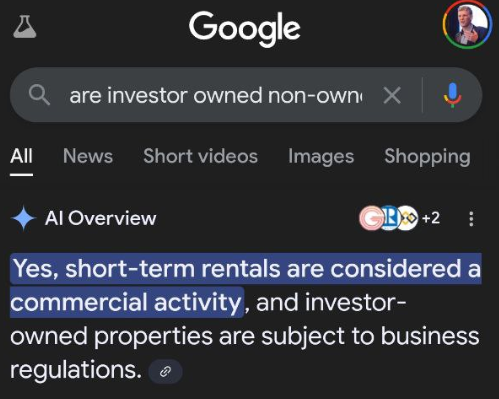

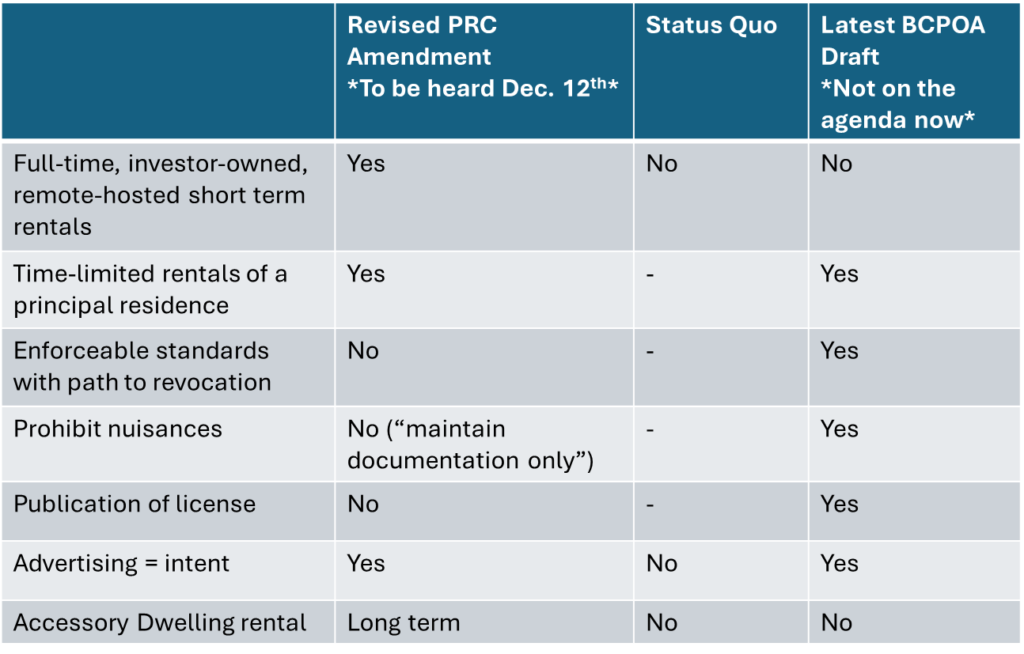

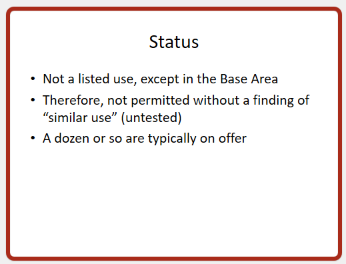

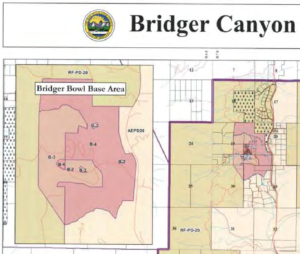
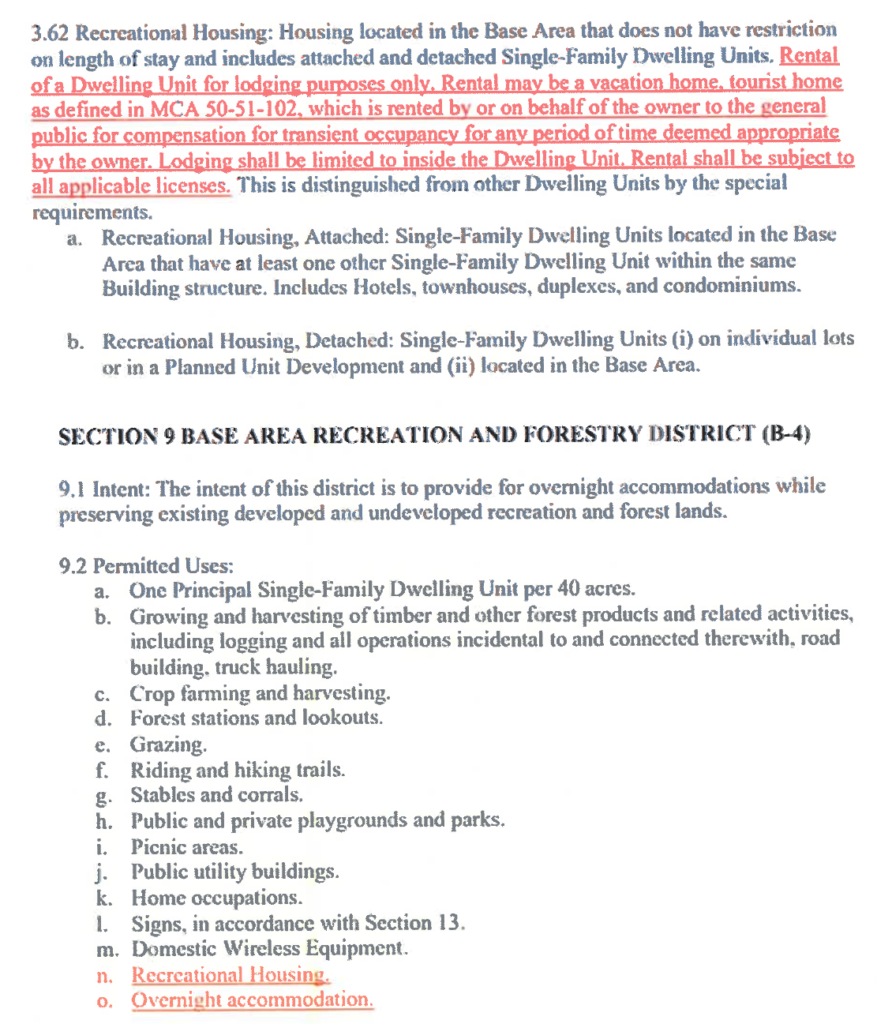


 Twitter
Twitter Facebook
Facebook RSS
RSS Email
Email